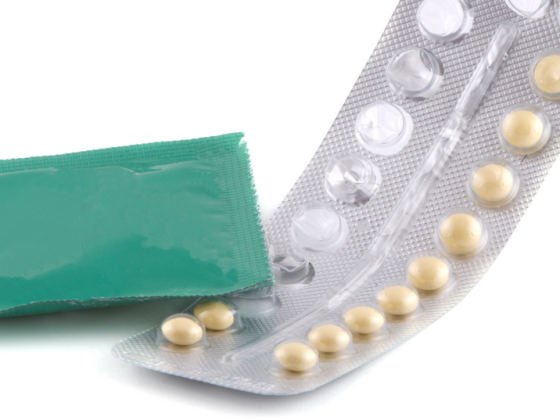The main theme of this year’s KHM Congress was “Wet – Dry”. Thus, one of the main presentations of the congress dealt with the “Flow of Love – Ways out of the Sexual Drought”. Regina Elizabeth Widmer, MD, a gynecologist from Solothurn, who also conducted two fully booked workshops on the topic at the congress, explained to the audience, among other things, what is important in vaginal dryness.
Regina Elizabeth Widmer, MD, Solothurn, Switzerland, urged at the KHM Congress: “Ask your patients if sex is going well. Many are relieved when you ask them about it. Then there are those who immediately say, ‘yes, everything’s fine,’ but others have something on their mind.” As a doctor, however, you have to feel comfortable with the question; it must not seem posed. A genuine, professional interest on the part of the doctor is appreciated.
Complaints
The classic complaints are erectile dysfunction and ejaculatio praecox in men and libido deficiency, dyspareunia and orgasm difficulties in women. While it used to be the case that the (cliché) man felt like having sex and the (cliché) woman only fulfilled her marital duties, today it is rather the other way around: men withdraw from the relationship, while women feel more like it again.
Performance stress
Still sexual intercourse is considered the top of the hierarchy of sexual practices. To be a “real” man, there is a misconception that the man must achieve a penetrative erection, hold it, and bring the partner (or partner) to orgasm. As a “real” woman, you always have to want to have sexual intercourse, get wet and have a vaginal orgasm – “possibly even hands-free and several times! As a result, he’s floppy, she’s not moist – unable to drive, and all due to stress. Sexual intercourse is only wonderful when it is wonderful for both partners.
What helps?
In her presentation, Dr. Widmer criticized a rudimentary sexual history in the practice. “Simply prescribing an ointment, gel, fat or estrogen helps for the time being, but is far from sufficient,” she said in Lucerne. Particularly in the case of dyspareunia, it is necessary to be more precise: “Even we doctors don’t make enough distinctions here! What exactly hurts? The vulva, the vagina? The musculature? If it is the skin of the vulva, it is a skin problem; the vulva skin can be lubricated and cared for like normal body skin, preferably with natural-based creams and ointments (Vaseline is suboptimal). If the muscles hurt, it may be a hypertonic pelvic floor. For vaginismus, relaxation exercises for the pelvic floor are therefore the order of the day. If the vagina itself – a multi-layered, non-keratinizing squamous epithelium – is dry, moisturizing creams or even vaginal suppositories and gels such as Hydro Santa® and Vagisan® can help. Topical estrogens help in severe atrophy, in mild atrophy phytoestrogens, e.g. Rheum rhaponticum® or magistral formulations of special pharmacies (smgp.ch).
In men, physical exercises help, for example, in ejaculatio praecox pelvic floor relaxation exercises, in erectile dysfunction (ED) autoerotics, which improves microcirculation. PDE-5 inhibitors promote sexual confidence; in mild ED, they are often needed only passagerly.
The patient should not, however, be complimented out of the practice with the prescription of a cream; rather, patients should be accompanied on their way (Tab. 1).

Maintain sexuality
However, Dr. Widmer also emphasized that sexuality must be cultivated in the relationship. There should be fixed times when you take time for each other and your body. She recommended that the audience have a wish night: “One time you wish, one time I wish.” Careful communication must be learned and cultivated, she said. Useful for consultation in the practice, he said, is a basic assortment of books that the physician can show. It can also provide links, recommend addresses and courses. Information and documentation can be found, for example, on Dr. Widmer’s website at www.frauenpraxis-runa.ch. If none of this helps, going to a sex counselor or couples therapy remains an option.
Séverine Bonini
Source: “Love Flow – Ways out of the Sexual Drought”, lecture by Regina Elizabeth Widmer, MD, at the KHM Congress, June 20-21, 2013, Lucerne.











